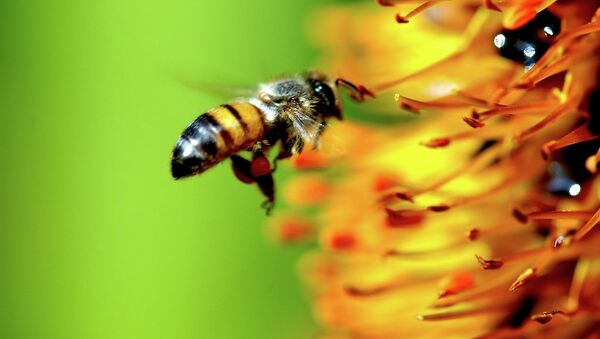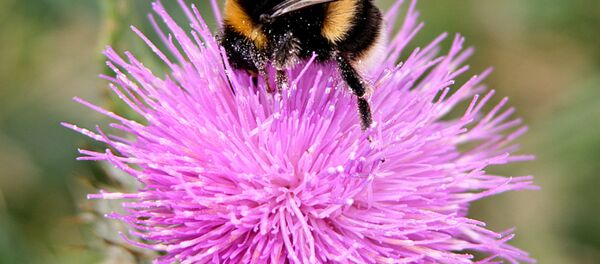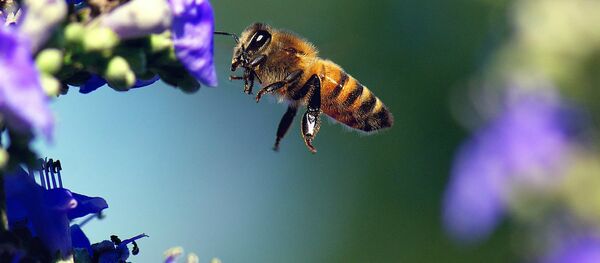Almost 39 percent of pollinator-dependent regions are suffering from the decrease in wild bee populations, as detailed by the research team.
Some 139 counties in the United States are significantly at risk, as the crops grown in these areas, including almonds, pumpkins, blueberries, watermelons, peaches and apples, are heavily dependent on pollinators.
Wild bee decline threatens U.S. crop production: New national study: https://t.co/gBy88WARkk #bees #food #uvm pic.twitter.com/U6FsSJ2Ing
— Gund Institute (@GundInstitute) January 4, 2016
Researchers noted that those heavily dependent agricultural areas tend to “experience more severe mismatches between declining supply and increasing demand."
Not only economically valuable crops are being affected, the researchers say, entire ecosystems are also suffering.
"[W]e might lose some nutritious foods such as nuts and fruits. It also may impact our natural ecosystems because 70-percent of flowering plants rely on animal pollinators," Insu Koh of the University of Vermont, who led the study, said.
To reverse the decline, domesticated bees could be introduced to replace those wild populations lost. But such practices lead to economic consequences for farmers, including a spike in costs and surging prices for many crops, notably fruits.
The regions most dependent on pollinators face the sharpest drops in bee populations. The cause of this statistic is currently not proven, though many suspect the consistent use of pesticides and other chemicals used by factory farms to force optimal harvests.
According to Koh, future studies will focus on the issues believed to be causing the bee population decline, including pesticides, disease or pressure from other species displacing the bees.





